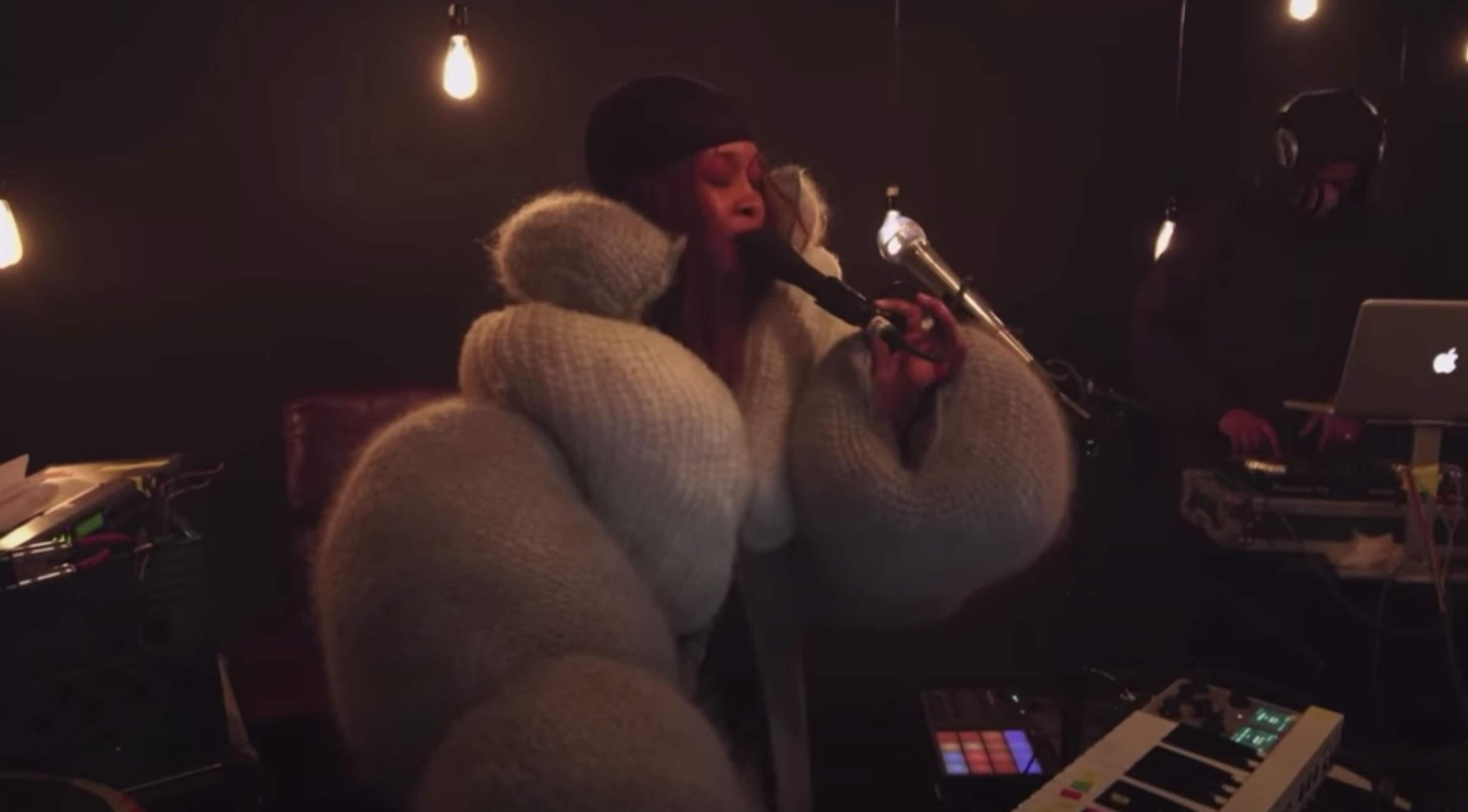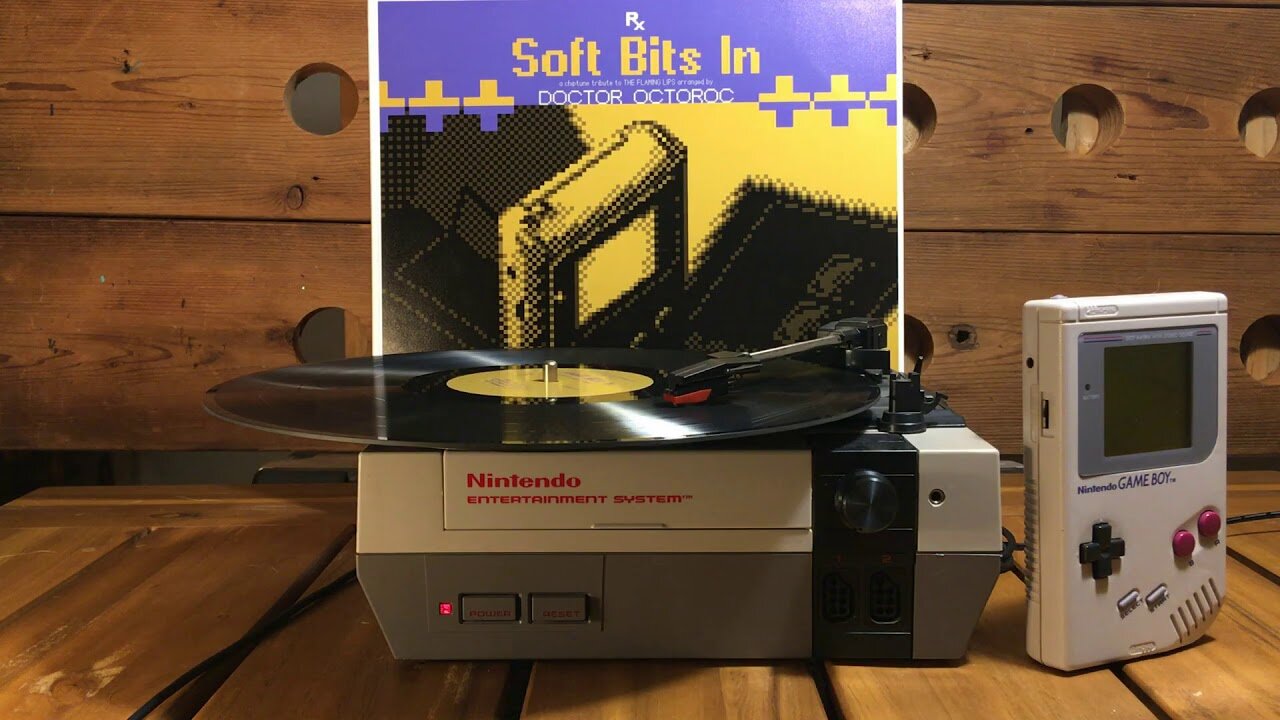Lindsey Stirling Learns the Value of Her Live Show During COVID

The pop violinist better appreciated the importance of her live show to herself and her music when she couldn’t play anymore.
Everybody found at least one odd way to spend time during the pandemic shutdown. “I learned to hang by my hair for a weird aerial acrobatic routine,” violin player Lindsey Stirling says. “The craziest thing I’ve ever done by far.” She also learned more about engineering and production, but she didn’t write any new music despite having time on her hands.
“I have to wait until I feel inspired, and I was really uninspired,” she says. No new material came until this spring, but Stirling got to spend a lot of time with her family, so she looks back on 2020 with about as much positivity as anyone can muster. “I’ve used the lockdown to do a few random things, but it’s a year I don’t think was wasted.”
Stirling is on tour in America now playing music from Artemis, her 2019 release, and the time she spent off the road made it even clearer in her mind how important her lives shows are to her.
The album filters the story of the Greek goddess through Stirling’s pop violin backed by electronic, dance-oriented beats. Stirling had finished the initial of the tour in Europe and was flying to South America when she learned the tour was off. “We were on the flight there when we got the message, As soon as you land, get your bag and turn around. COVID is shutting down everything,” she says.
For Stirling, that affected her relationship to the songs.
“When you’re writing the song, you’re like on this blind date, seeing if you like each other,” she explains. Arranging and recording the song is still part of the initial stages, and the relationship grows once fans start to react to the song. Video shoots take the relationship to the next level—“When I make a music video, I fall in love with a song,” Stirling says—and playing it onstage to live audiences is the next step in the process.
“The stages are part of what makes a song real to me,” she says. “So I feel my relationship to my songs has been a bit stunted.”
In interview, Stirling is a glass three-quarters full kind of person. She acknowledges adversity and hard times, but when she talks about them, inevitably those moments were motivating, transforming, or in some way valuable. “When I did my “Brave Enough” tour, I literally cried onstage when I played certain songs,” she says. Singing about the anorexia that once made her feel trapped now reminds her that she’s free, and she’s able to think about the loss that broke her heart and be glad for the time those people were in her life.
In concert, those occasions feel like moments of genuine connection for Stirling. She thinks of emotion as a wave of energy, and “I can’t help but think that when you’re on stage and you’re feeling all that emotion and projecting all that emotion, people can feel that,” she says.
She sometimes becomes conscious of the possibilities in her songs in concert, or she learns something about them. By the time Stirling’s songs get into the live show setlist, their form is largely finalized, but some get “mashed up” to fit into the show, and breaking songs down or changing their context gives her a reason to think about them in a different way. “Crystalize” from her 2012 self-titled debut album is her biggest song, and its dubstep drops and distorted synths are a big part of its popularity. Her classical background made her think at one point that maybe she should work up an orchestral version. She did, and that has become the version she performs in concert and the one that she likes better.
“You can re-fall in love your songs and re-invent them,” Stirling says.
The specific nature of Stirling’s music means the possibility to reimagine her material often avails itself. Since her songs are often instrumental and built around her classically trained violin, songs can continue down a more acoustic, string-oriented path naturally or in the more electronic directions she usually chooses. In some cases, others help her see her songs’ possibilities. She wrote “Guardian” for Artemis about her belief in guardian angels. She left the track as an instrumental because she couldn’t find the right words to say what she was thinking, particularly since those thoughts were spurred by the deaths of her father and a good friend. She told the singer Mako about the song and what was behind it, and she thought that was that. “I wasn’t aware he was writing [lyrics for it] until he sent me the song with these new lyrics in it,” Stirling says. “I was so emotional listening to it.”
She recorded an acoustic version the song with Mako singing his lyrics under the title “Lose You Now,” and she released the song and a video for it last spring.
“They were a lockdown project,” she says.
Her biggest pandemic project was the live-streamed Christmas special Stirling performed last year. “I had no idea if tickets would sell since there was no data to see if a virtual concert would sell,” she says. She learned to hang by her hair for that show, and because she and all the musicians, dancers, and crew members were going shack-happy from being at home too much, they threw themselves into the project, creating sets and costumes and whatever was needed.
“It was like Christmas summer camp.”
For more with Lindsey Stirling including a conversation on her Christmas album, Warmer in the Winter, check out her appearance on our Christmas music podcast, The Twelve Songs of Christmas.
Creator of My Spilt Milk and its spin-off Christmas music website and podcast, TwelveSongsOfChristmas.com.






